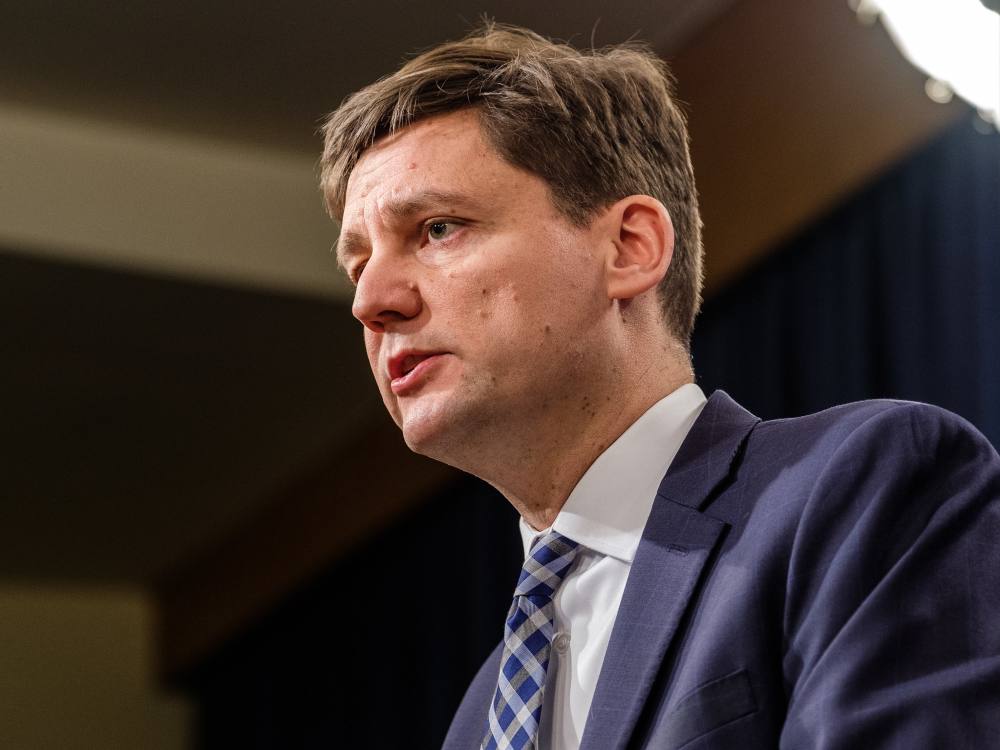The BC United party is in such a “precarious position” that it could cease to exist after the next provincial election, says the public opinion researcher who worked on former premier Christy Clark’s winning 2013 campaign.
“The battleground in British Columbia is shaping up to be the most interesting election since the 2013 surprise BC Liberal election victory,” says the research update written by Dimitri Pantazopoulos with Yorkville Strategies. “With about seven months until voters cast their ballots, we have a dead heat between the governing BC NDP and the BC Conservatives.”
Among decided voters, the company’s survey found 37 per cent support for the Conservatives under leader John Rustad and 35 per cent for Premier David Eby’s incumbent NDP.
BC United, which was renamed from the BC Liberal Party a little more than a year ago after Kevin Falcon became leader, and the BC Green Party led by Sonia Furstenau are trailing. At 16 per cent support, BC United is doing so poorly it “could result in the demise” of the party, the Monday update said.
The poll was not, however, good news for the governing NDP either.
“With the B.C. election on the horizon, the NDP can’t shake voters’ ongoing concerns about housing, affordability and health care,” it said. “The party that came to power in 2017 promising to ease the burden on British Columbians and improve health care now faces an electorate that doesn’t see progress on this front.”



My impression has always been that the bc liberals (now bc united) were between the federal conservatives and the federal liberals, and the BC NDP were just a smidge left of the federal liberals.
Now, where that falls on a “true” political spectrum can be debated but I’m not really interested in a clinical definition because I don’t live in a clinic.
Oh I’m with you, the absolute specifics here aren’t particularly meaningful, and yes it was basically that the BC NDP were slightly left of the Federal Liberals. I’d argue the BC Liberals were basically the (old, like 15 years ago) Federal Conservatives. Basically neo-liberals.
Again, it’s nit picking, as you said.